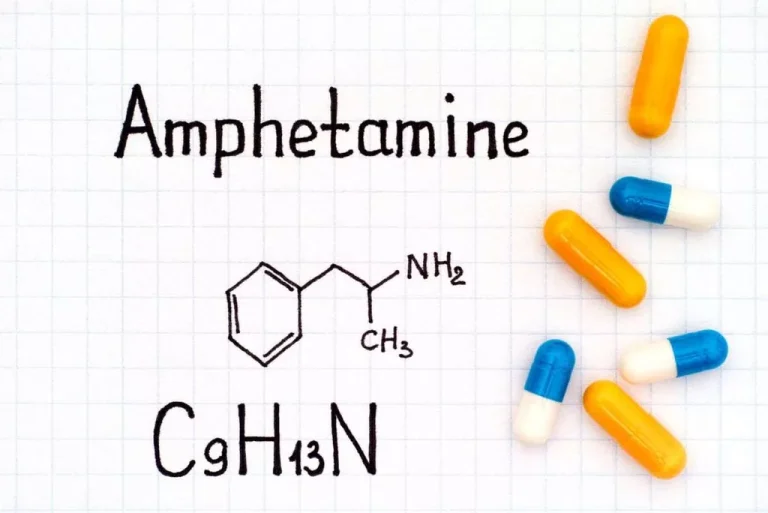
Follow-up care can include periodic appointments with your counselor, continuing in a self-help program or attending a regular group session. Many, though not all, self-help support groups use the 12-step model first developed by Alcoholics Anonymous. Self-help support groups, such as Narcotics Anonymous, help people who are addicted to drugs. Withdrawal from different categories of drugs — such as depressants, stimulants or opioids — produces different side effects and requires different approaches. Detox may involve gradually reducing the dose of the drug or temporarily substituting other substances, such as methadone, buprenorphine, or a combination of buprenorphine and naloxone. MFTs are trained to diagnose and treat mental and emotional disorders, substance misuse, and addiction within the context of marriage, couples, and family relationships.
- Although there’s no cure for drug addiction, treatment options can help you overcome an addiction and stay drug-free.
- The average length of time it takes for someone to work through the 12 steps varies.
- This is a place where you can be honest about your substance use and what you want to do about it.
- Find Support is an online guide that helps people navigate through common questions when they are at the start of their journey to better behavioral health.
- This focus on education strengthens its inpatient and outpatient treatment services.
“There’s support out there and people who really do care.”
It’s just another way they’re looking after your health — no different than taking your blood pressure and sharing the results with you. The goal is to help you understand the risks, empower you to make informed choices about your health, and help you take whatever steps you’re ready to take. Different types of medications may be useful at different stages of treatment to help a patient stop abusing drugs, stay in treatment, and avoid relapse. In addition, the company will close its White Deer Run treatment center in Lancaster city and move those patients to East Hempfield, Lechleitner said.
- Clients participate in customized treatment according to their needs consisting of daily programming, regular group therapy, and weekly individual therapy sessions.
- “For a while we were hearing about [drug deaths] every other day. When was the last one we heard about? Maybe two weeks ago? That’s pretty few and far between,” he said.
- Upcoming events happening statewide include virtual naloxone trainings to recognize and respond to an opioid overdose.
- Screen4Success provides an easy way for parents and caregivers to identify areas where their children may benefit from additional support.
- Behavioral therapies can also enhance the effectiveness of medications and help people remain in treatment longer.
Choosing the Right Drug Rehab
Dr. Rahul Gupta, the White House drug czar, said the drop in drug deaths shows a path forward. “A year ago when overdose deaths continued to rise, I was really struggling with hope,” said Brad Finegood, who directs the overdose crisis response in Seattle. “The trends are definitely positive,” said Dr. Keith Humphreys, a nationally respected drug policy researcher at Stanford University. “For a while we were hearing about [drug deaths] every other day. When was the last one we heard about? Maybe two weeks ago? That’s pretty few and far between,” he said.
International Patients
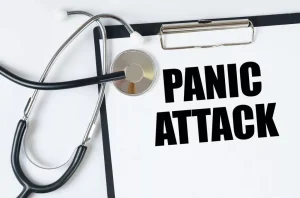
Our addiction medicine research is helping both members and nonmembers get better, more effective treatment. Find treatment programs in your state that treat addiction and dependence on opioids. Some health care professionals and programs in larger centers or hospitals have grants, scholarships, or “charity care” programs. If one is, make sure to ask if it will cover the entire time of your treatment and if you have to pay back the money if you don’t finish treatment. The transtheoretical model can be helpful in guiding development of tailored behavioral interventions that can promote lasting change.
- Along with addiction care, our co-occurring focus addresses mental health issues as part of our integrated treatment.
- SAMHSA’s mission is to lead public health and service delivery efforts that promote mental health, prevent substance misuse, and provide treatments and supports to foster recovery while ensuring equitable access and better outcomes.
- With a medical wing for monitored detox and prescription drug management, space for holistic wellness including yoga and art therapy, and community space, its outpatient offerings are designed as a follow-up to inpatient or residential treatment.
- The family can begin to learn how to recognize and avoid codependent or enabling behaviors.
- We also address any medical issues and administer the appropriate medications if clinically necessary.
- Addiction is a chronic condition characterized by intense drug cravings and compulsive substance use regardless of the negative effects.
While many people in recovery believe that abstinence from all substance use is a cardinal feature of a recovery lifestyle, others report that handling negative feelings without using substances and living a contributive life are more important parts of their recovery. A psychiatrist is a medical doctor who specializes in mental health, including substance use disorders. They’re trained to understand the successful drug addicts complex relationship between mental health and substance misuse and how to deliver evidence-based treatment for addiction. We offer inpatient and outpatient treatment programs for members with more severe problems with alcohol or drugs. Specific details can vary, but programs typically involve a combination of individual and group therapy, educational sessions, and self-help and peer support meetings.
When a person arrives at a detox facility, it’s important that the professional conducting the intake evaluation adequately assesses for polysubstance abuse. Some people may be hesitant to admit to polydrug abuse, even if they disclose a problem with one particular substance. Aftercare treatment can include self-help groups (such as SMART Recovery), 12-step meetings (such as Narcotics Anonymous), alumni programs, sober living homes, individual therapy, and group counseling. Finding an effective program from a variety of types of alcohol and drug treatment programs can feel overwhelming with so many options available. They’re trained in counseling, relapse prevention, and helping patients recognize patterns and make healthy changes.
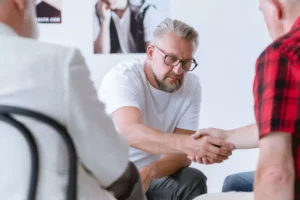
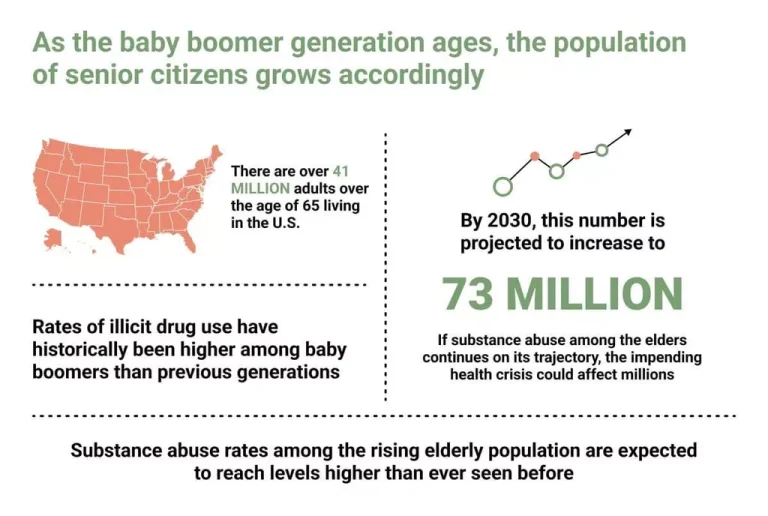
“Expansion of naloxone and medications for opioid use disorder — these strategies worked,” said Dr. Volkow at NIDA. They don’t like basing their recovery on the idea that they cannot control their addiction, when there is evidence that there are ways of practicing internal control over the recovery process. A good first step toward finding the right treatment may be to reach out to a friend, loved one, or support person, or to speak with a physician about options for care. Our admission navigators can help with researching and finding the right facility or program that fits.
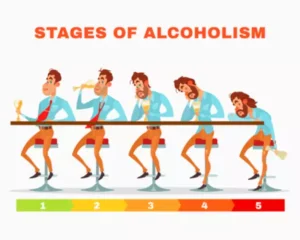
Types of Rehab for Drug and Alcohol Addiction
Many programs combine behavioral therapy for addiction treatment with medications approved by the Food and Drug Administration (FDA) to manage withdrawal and/or help maintain recovery in the long run. Addiction can absolutely be treated, but just a few days or months of abstinence isn’t typically enough to make lasting behavioral changes.2 Instead, professionals view recovery as an ongoing process that requires long-term support and relapse prevention training. Because of this, people are encouraged to participate in aftercare after they’ve completed a rehab program.
Potential vaccines for addiction to substances
They may also consider relatively more intensive levels of care—such as IOP, PHP, inpatient, or residential—that might facilitate the adequate amount of monitoring and support to keep a person safe and comfortable during this challenging point in early recovery. Next, we narrowed down categories for leading treatment centers that would help serve specific groups of individuals and eliminate barriers for attending drug addiction treatment centers (including age and/or lack of insurance). Accredited by the Commission on Accreditation of Rehabilitation Facilities (CARF) and a member of the National Association of Addiction Treatment Providers (NAATP), Turnbridge has operated for over 15 years.
Behavioral addiction
Benzodiazepines are commonly abused in what many medical professionals are referring to as a hidden epidemic. All of these substances present serious health risks to users, including the possibility of overdose, the physical decay wrought by heroin, the cognitive decline of alcoholism, or the severe withdrawal symptoms of benzodiazepine dependence. Granite Recovery Centers currently has 12 drug and alcohol rehab facilities throughout the state of New Hampshire, but our clients come from all over the country. From inpatient rehab treatment to intensive outpatient programs, our locations provide a continuum of care that guides clients step by step on their recovery journey. While some people may receive adequate treatment in outpatient settings, people with more severe or long-term instances of addiction might need inpatient or residential treatment. However, not all long-term rehab programs are the same, and a person struggling with drug or alcohol addiction may not know what the ideal residential treatment program looks like.
